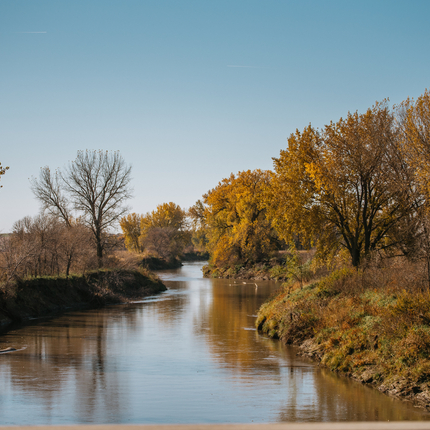By Cody Smith, former staff member
Flowing Forward is a multi-part series that investigates Iowa’s water quality issues. The series includes three fact sheets that analyze the historical context and current administrative framework, as well as provide a road map for addressing this complex challenge. The fact sheets are based on the recently released report, “Flowing Forward: Planning Iowa’s Water Quality Future,” written by Katie Rock.
In 2018, the Iowa Legislature passed a law that gives $282 million for water quality projects over the next 12 years. While these funds help initiate new projects and build up existing efforts, more money is not the only way to improve water quality. Instead, lawmakers should put a premium on encouraging local control.
Localized planning is crucial to establishing a road map to meet the goals of the Iowa Nutrient Reduction Strategy, which aims to reduce nitrogen and phosphorus in the state’s waters by 45 percent before 2035. Watershed plans, which set water quality monitoring standards, measurable goals, and target subwatersheds for conservation practices, must be developed to chart a path forward. Today, many watersheds either lack a plan or don’t have the infrastructure to put it in place.
Even when watershed plans exist, they are sometimes written with different goals in mind and to varying standards. One-third of the state is covered by watershed management authorities which consist of stakeholders from up and downstream. While 9 million acres of land within watershed management authorities have a plan on file, there are 7.9 million acres within watershed management authorities that do not.
Moving forward, the state must require watershed management authorities and other groups to have watershed plans on file before receiving project funding. The state should also help provide strategic support for watersheds that want to develop a plan but do not know where to start. Planning will remain a critical component in the pursuit of improving water quality in Iowa.
To view more of our recommendations for Iowa water quality, view our fact sheet at cfra.org/publications/NextStepsForIowaWaterQuality.





